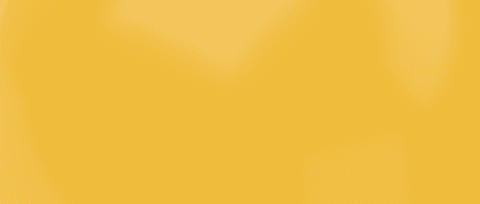Be anxious for nothing
PIETER CLAESZ
Oil on panel, 52.6 cm x 44.1 cm, Rijksmuseum, Amsterdam; Bequeathed by Daniël Crena de Iongh, Wilton, Connecticut, SK-A-4839, Courtesy of Rijksmuseum
Thoughts to begin
God is the same yesterday, today, and forevermore.
He knows the longings of our hearts better than even we do.
He cares about our needs and our dreams,
and He is our ultimate and complete satisfaction.
Over the next few days, we are going to contemplate a selection of art pieces alongside portions of Jesus’s encouragement in Luke 12 for His followers not to be anxious. Each piece highlights a different scene that an artist at some point in history found captivating enough to paint, revealing those parts of the human experience that have begged to be expressed and could not be articulated in words. These scenes will also provide evidence for parts of life that Jesus references to His disciples, enriching our grasp on the realness and vibrance of His words.
Opening Prayer
O LORD, as we spend time with art and Scripture today, stir within us those longings which tie us to our awaited togetherness with You.
Open our minds to the evidence of our souls’ longings for You, that we may more deeply rejoice in the ultimate satisfaction You will be to these questions, curiosities, and desires.
Guide our eyes to connections between our hearts and minds and those of Your children who penned Scripture millennia ago: the questions we ponder, confidence for which we grasp, and beauty we crave.
Thoughts for reflection
Why do you think that Claesz chose this scene to paint? What about it do you think could have captured his eye to pour time and creativity into crafting this piece?
Anna Gannon, Fellow of St Edmund’s College, University of Cambridge offers this insight from the Visual Commentary on Scripture: “The cellar, heaped with salt, is monumental, and commands our attention.” She recounts the cost that surrounded this resource over the years, enticing Claesz’s home nation into the exploitation of foreign lands and use of slavery to extract salt on these quests, making this painting a “sober reminder of the terrible evils of greed and slavery.” But, Gannon continues, “redemption is possible: the cup and bread may allude to the Eucharist, while the bread and the fish remind us of another breakfast, prepared by Jesus by the Sea of Tiberias (John 21:9). In this key, we see a joyful celebration of the beauty of light as captured by the painter, and are invited to imagine salt as it should be, when not commodified for commercial gain: the glistening free gift of God.”
Continued Reflection
This painting depicts a part of the human experience that could be enjoyed with glistening abundance but instead has brought out the “the evils of greed and slavery.” Allow Claesz’s image of the salt “as it should be” to pull your heart toward desire for the Kingdom of God on earth as it is in heaven.
As you read the first selection from Luke 12, observe the reasons Jesus uses to encourage His followers about anxiety surrounding human necessities. What does Jesus say about who you are to God? How might this be an assurance considering the other traits of God’s character? Pray for Jesus’s words to take root in your hearts as you go about your day.
Take some time now to read the following passage of Scripture:
Luke 12.22-23
New Revised Standard Version, Anglicised
22 And he said to his disciples, “Therefore I tell you, do not be anxious about your life, what you will eat, nor about your body, what you will put on. 23 For life is more than food, and the body more than clothing. 24 Consider the ravens: they neither sow nor reap, they have neither storehouse nor barn, and yet God feeds them. Of how much more value are you than the birds!






